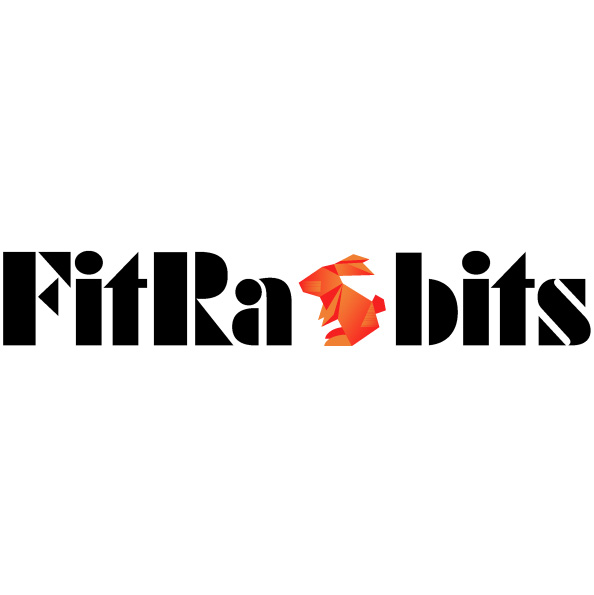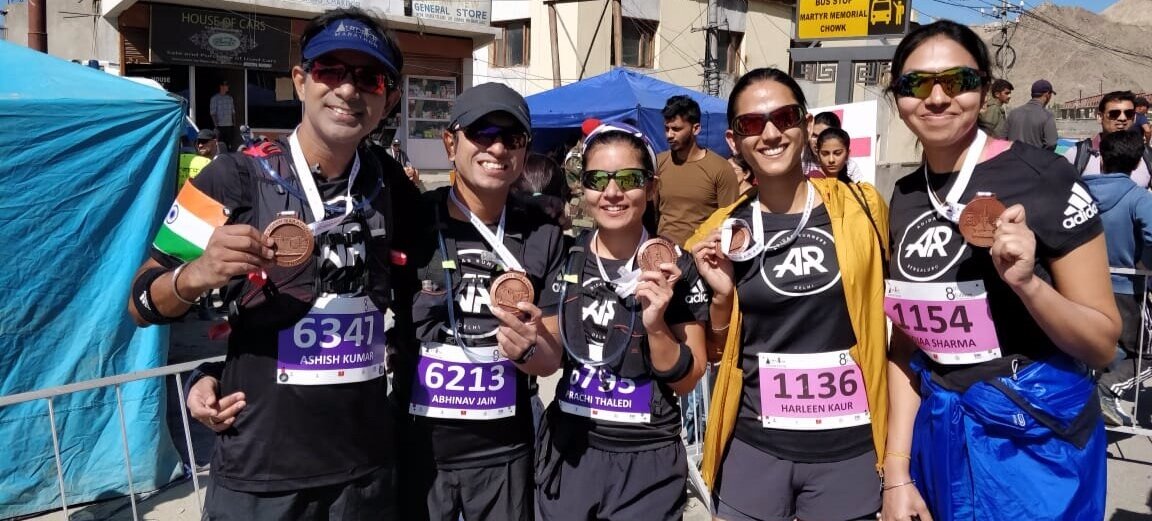You’ve signed up for your first race- a half marathon? Congratulations! It can be a life-changing event. For some people, the experience will make you hungry for more. The distance tests you mentally and physically.
Here are my top 5 recommendations to have a fabulous race day!
Trust your training: Quality over Quantity.
You must follow a training plan spanning at least 10-12 weeks, featuring days of different intensities & workouts. A training plan can be customised by a coach (like me) or you can download one from the internet.
Avoid overtraining – if your plan says 4 km at a certain pace, follow that.
Two weeks before the race, bring down your weekly mileage by 60-40% (called taper).
Pay attention to your recovery days - this will allow your body to recover and bring you one step closer to optimal race day performance!
Training with a group or a buddy will keep you excited, accountable and motivated.
Caution: Nearly every runner will have an opinion on training, etc. You need to decide what suits your personality and stick to it.
2. Go the distance: Weekly long runs and race pace runs are key.
Stay focussed on getting proper mileage before your race. A half marathon is not a casual distance, your body needs to learn to endure.
Spend time on your feet during those weekly long runs. You can progressively go longer, every week. Remember to focus on your breathing & posture. This will power you through the final kilometres.
Run at least one 17-19 km distance, at least 2 weeks before your race.
Try and do speed workouts, at least once a week to learn your race pace. This will help you get used to running fast and not get overwhelmed on race day.
3. Fuel right: Practice during training, nothing new on race day.
Running a half marathon is stressful for your body and it is important to know what fuelling and hydration options keep you from shutting down, well in advance.
During your training runs (long runs, specially) try different types of energy gels and sports drinks. This will help you understand what suits you. I recommend the Unived RRRUN range of products.
Don’t forget your pre-race and post-race fuelling. Find meals that are easily digestible and help you optimise your recovery period.
On race week, try nothing new. Tried and tested meals and drinks are best.
Carb loading-2 days before the race, you should get about 60-70% of your calories from carbs at breakfast, lunch and dinner. Best food options: potatoes, rice, fruits, vegetables, whole grains.
On race day, get about 500 calories before your race. I eat oatmeal and a banana and wash it down with some tea.
During the race, sip water at every aid-station but you don’t have to drink the entire cup. Take a gel every 40 minutes of activity (recommended).
4. Slow and steady wins the race.
A week before race-Learn as much as you can about your chosen race course – is it hilly or flat? What will the weather be like?
Before the race, make sure you have tried and tested your running shoes (at least 50 km mileage done), apparel and watch. Lay out your race gear before you go to bed. Keep the safety bins with your bib.
Cut your toe nails to avoid blisters, use Vaseline/anti-chafe balm, nipple bandages to prevent any blisters/cuts/chafing.
On race day-
Get to race start at least an hour before. Visit the toilet. Warm up properly. Take deep breaths. Carry a small bottle of water with electrolytes, sip while you wait. It will calm you.
When you start your race, tell yourself to hold back, go steady and easy. Try to run your first half slower than the second half (called a negative split). Take it slow. Your body will be grateful, later.
Stay calm, be mentally tough, and talk to yourself. This helps me immensely. Don’t let people passing you overwhelm you. Remember how you've worked through fatigue during training and how you can do it again. Stay positive and visualising yourself crossing that finish line, strong!
Break up the race into smaller segments. It will make the distance feel more manageable.
5. Enjoy the day, soak it all in.
If it’s your first time or your tenth, remember to revel in your run. Worrying about time will stress you out and you’ll not be able to pay attention to the incredible energy at the event. I’ve learnt this the hard way, over 5 full marathons.
So, just enjoy the feeling of pride at the beginning of your race. Hold to that feeling through your race distance. If you feeling like it, high five spectators, thank race volunteers, enjoy the scenery, smile for the photographers!
Your training runs will prepare you to run the first 19km easily, and the adrenaline and excitement of completing all of that distance will carry you to the finish line.
After your race is done, wear your medal with pride, get some food inside you, spend time with your training buddies or running community. Take photos, smile, and then head home and get that well deserved rest.
This article was also featured on Men’s Health India website.












